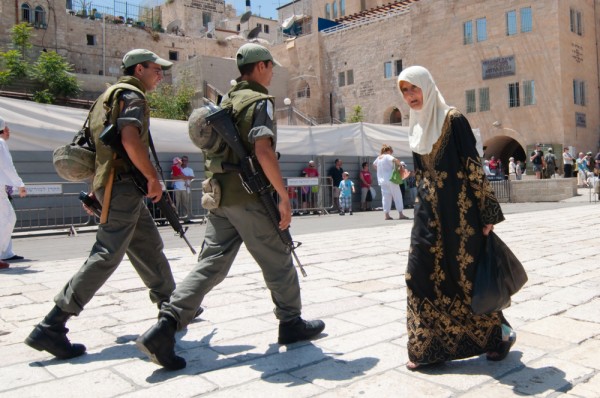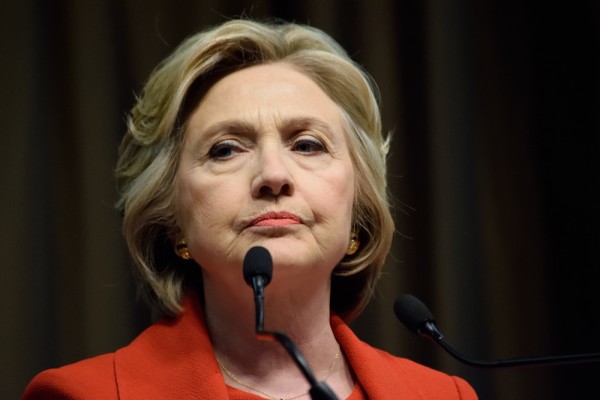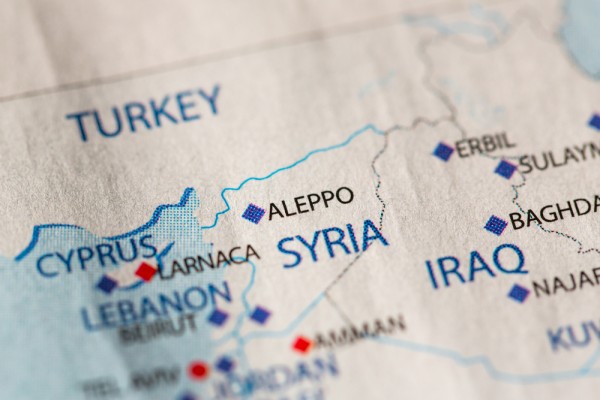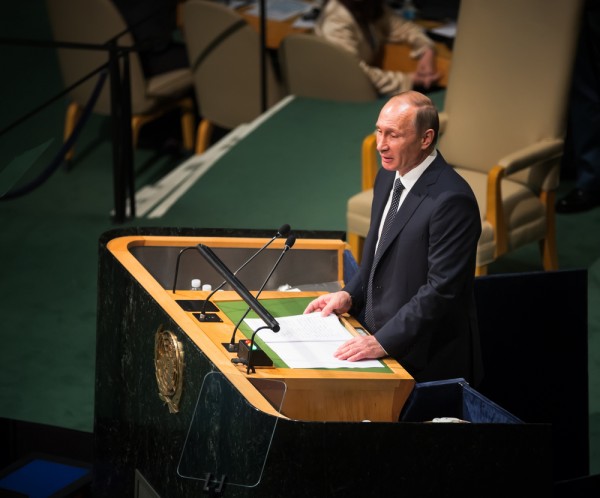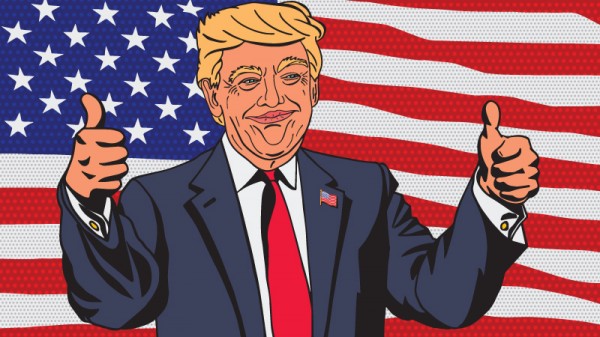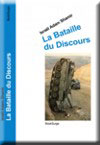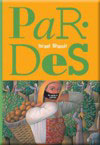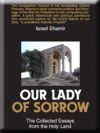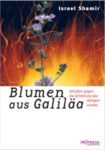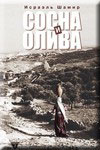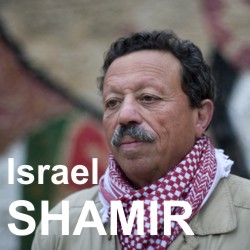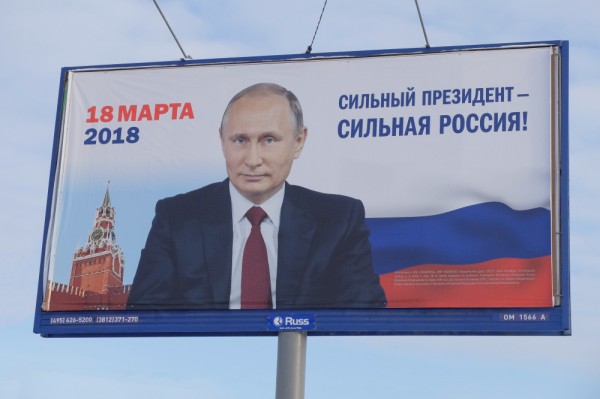
The Russian presidential elections are blissfully over, for they were extremely nasty and embarrassing. Mr Putin could have won more modestly and plausibly. The election results would make Turkmenistan proud, if not North Korea. The turnout was quite high, 68%. The incumbent President received almost 77% of the vote, while his main contender Mr Grudinin’s share has been announced at less than 12%.
Theresa May and Boris Johnson were prominent contributors to Vladimir Putin’s landslide victory. Their ultimatum to Russia, their baseless accusations, and their threats mobilised millions of Russians who weren’t inclined to go to the polls at all. Before the Salisbury affair, a lot of Russians were indifferent to the forthcoming elections. They felt it made little sense to take part in the show with predefined results. However, the British hard line regarding the murky story of an assassination attempt changed the public mood.
Were the results falsified? Probably, up to a point, and quite unnecessarily, too.
The first true results coming from the Russian Far East gave over 20% to the Communist, and about 60% to Putin. It seems that the administration overseers who reportedly had backdoor access to the results decided to ‘improve’ them forcefully. The results received after that were already adjusted for desired numbers.
In the far-away Yakut province, with its mind-boggling frost of minus 35 ° below zero, the Communist contender has got almost 30% of the vote. In the Vladivostok province, in the region facing Japan, Grudinin has got over 20%, likewise in the Siberian university city of Omsk. On the other side, in the notoriously dishonest and despotic Muslim republic of Chechnya the contender was given less than 5%.
My guess is that true un-cooked results would be between 18% and 25% for the Communist, and correspondingly, around 60-65% for the incumbent, still good enough for Putin’s outright win, but not good enough for his zealous aides.
The veteran nationalist leader Vladimir Zhirinovsky got less than 6%. So much for the predictions of my esteemed colleague Anatoly Karlin: he quoted VTSIOM’s prognoses of 6% for Grudinin and 7% for Zhirinovsky (or other way around) as reliable numbers. These two men, and these two parties are just not in the same league. Zhirinovsky’s National-Democratic Party is likely to disappear unless radically revamped; the Communists have a solid following. And sociologist prognoses are of little value nowadays: they are tools of psychological warfare against the voter.
Miss Xenia Sobchak, the leading liberal and pro-Western candidate, was treated softly and gently by the state media. She had positive coverage every day of the election campaign. She is supposed to be a godchild of Mr Putin, and a daughter of Mr Putin’s senior colleague, the former Petersburg Mayor, and of Mrs Narusova, a member of the Russian Senate. She got the votes of Mr Navalny who was banned from running due to his criminal conviction. Still she had received one and a half per cent of the vote, showing little support for an active pro-Western agenda.
The remaining candidates were also-run, getting around one per cent or less. However, they played an important role in the Kremlin election strategy of undermining Mr Grudinin’s appeal. The main medium the Russian people have to learn of the candidates is through the state-owned TV, and its two programs: one, reports of the Central Election Board, and the debates of the candidates.
The reports were biased against Paul Grudinin; practically every report contained some negative news about him. The official posters with the names of the contenders issued by the CEB contained a claim that the CEB could not verify Mr Grudinin’s information.
The debates were even worse: Putin was exempt, while the remaining seven contenders were given four minutes each to state their cause and one minute to respond. Thus the real leading contender Mr Paul Grudinin and a Kremlin spoiler fake “also-communist” Mr Suraykin (he received 0.67% of the vote) were given the same exposure. Mr Suraykin brought to the debates a person who claimed she was cheated by Mr Grudinin, and this person was allowed to participate in the debates (imagine Mrs Clinton bringing Stormy Daniels to the debates with Donald Trump). Mr Zhirinovsky swore freely at Grudinin and at Miss Sobchak, the only female of the lot. All in all, the impression created was that of a pack of clowns in a provincial circus.
The Russians have called this shameful show Snow White and The Seven Dwarfs. Snow White was surely Mr Putin, who didn’t participate in the debates and thus had been projected as one standing above the crowd.
This technique was supplemented by the dominance of pro-Putin trolls in the social networks. They roamed the Russian networks aggressively commenting on posts supporting Putin’s rivals.
It was alleged the administration bought the allegiance of some well-known independent leftists, and they traveled around Russia preaching against Grudinin as “not a real Communist.” These people could hardly afford to fly around those long Russian distances unless somebody were footing the bill.
This dirty campaign was quite unnecessary: Putin would win with less effort and less intimidation, too. I’d guess that zealous Russian officials went into overkill hoping to curry favour with the Commander-in-Chief. Alas, this is typical for Russia: the officials know neither limits nor decency in pursuing the perceived goals of their superiors.
I do not think Mr Putin personally approved, or was aware of these tactics, but that is what happens when every official tries his best (or his worst) to reach and overreach the goal.
The leading contender Mr Grudinin had more problems at home. His party KPRF (the Communist Party) didn’t try hard to help him. He was an outsider, like Mr Trump had been an outsider for the Republicans. I was told that in many cities, the KPRF officials quietly sabotaged the campaign and spent the state-assigned election funds for their own benefits.
The Party leader Mr Zyuganov didn’t want to part with the limelight; he insisted on accompanying the candidate and speaking instead of him. There were very few videos of the campaign free of Mr Zyuganov’s overwhelming presence.
After the elections, Mr Zyuganov expressed satisfaction with the results and called upon Mr Putin to appoint his erstwhile rival Mr Grudinin as a new Prime Minister. Mr Grudinin refrained from seconding this call.
As a part of anti-Grudinin campaign, his Jewish ancestry was addressed in the social networks, even by the “leftists”, though he is not more ‘Jewish’ that John Kerry or Vladimir Lenin. He is not the only candidate with Jewish ancestry: Mr Zhirinovsky has some Jewish blood, too. It doesn’t mean much in Russia, outside ultra-nationalist circles.
A big part of Russian educated classes has some Jewish ancestry: after all, the Soviet Jews freely intermarried with the ethnic Russians for the last hundred years, with majority marrying outside of the community. Children of mixed marriages usually identified themselves as Russians; those who identified themselves as Jewish left for Israel. There they learned that the Jews do not consider them being members of the Chosen People, and many of them trekked back to Russia, cured of their illusions. However, Jewishness or otherwise of the candidates hasn’t been played up much in the course of the elections.
The Russian elections weren’t as bad as in, say, Egypt, where practically all contenders were arrested and jailed; opposition parties banned; exception being made for a candidate personally devoted to the incumbent president. Comparison with Iran is not that clear-cut. In Iran, the contenders are vetted by a board of ayatollas; in Russia, they are vetted by the Presidential Administration, a non-constitutional body that has sweeping powers over the country’s political life. However, in Iran there is a real struggle between the candidates, albeit moderated by the clergy; while in Russia there is no real struggle.
There are historical reasons for it. Russia lacks democratic traditions, but it is not tyrannical, for the Russian people love their rulers, and usually approve of them. The Tsars were loved, the General Secretaries were loved all the way to the last one. Yeltsin was loved at least until 1995. And now the Russians love Putin. He is a legitimate ruler as long as he retains love of his people.
It would be nice to have a less authoritarian model, but perhaps this model fits Russian national character. Amazingly, it could have been different but for the American intervention. In 1991, Russia had a democratic constitution, but after 1993 when Yeltsin shelled the Parliament, the US advisers created a constitution for Russia with its unhindered authoritarian presidential rule in order to prevent the restoration of Communism. Now the Americans have no right to complain: they made it themselves.
It is good that Putin is a rather successful ruler, careful and cautious. Though his last election has not been as fair as one would like, he undoubtedly enjoys massive support. Let us hope he will use this landslide result as an opening for reforming Russia in the right direction for the benefit of the Russian people.
Postscript: Another View of Novichok
The Salisbury poisoning played an important role in the Russian elections. Practically all Russian publications expressed indignation and didn’t propose any explanation. This brief note by Andrey Lazarchuk has been published in the social networks. It is interesting, and it agrees with revealed facts. Whether it is true or not – remains to be seen. Here is his text in verbatim translation:
Do not ask for the source of the information, I will not give it up. Everything written below is very different from what you can find on the web.
1. Already in the early 1980s, the Soviet Army ceased to treat CW (Chemical Weapons) as a weapon that could be used in real war conditions: approximately in 1983-84 it was decided to cease CW supplies to the army, reduce operational reserves and take out CW from the troops to long-term storage warehouses and landfills for destruction. At the same time and until 1996, there were no new CW products supplied to the army, neither new instructions for use and protection.
2. Mirzoyanov, majoring in chemistry and analytics, never worked at theoretical developments or practical synthesis. All 1980s he worked in the administration (First Department).
3. In the second half of the 1980s, the KGB carried out a large-scale operation to dis-inform the enemy, which also had the side-line task of identifying information leakage channels. Twenty “fake” but very detailed projects were developed for “a new chemical super-weapon that is not detected by existing NATO detectors and from which there is no protection” (NOVA with indices, “Novichok” with indices, ASD and others). The Novichok passed through the hands of Mirzoyanov.
4. The factory-laboratory in Kantyubek in the late 70′s was re-profiled from the creation and testing of CW and BW for the production and testing of herbicides and defoliants – mainly for the needs of the cotton industry.
5. Mirzoyanov as a source of leakage was identified immediately. In the 1990, he was removed from all real work, through he remained a conduit of disinformation. In 1992, he revealed himself voluntarily by publishing the well-known article. From that moment, the Novichok attracted media interests. In the 1995, NYT wrote about the “new Russian super-weapon”.
6. NATO had spent more than $ 10 billion on defence against this fake weapon.
7. What actually happened in Salisbury is unclear; nor the behavior of the poisoned, nor the actions of the police, doctors, special services do not add up to the whole picture. More or less plausible is the poisoning with a synthetic neurotoxin, similar to the toxin of fugu fish.
Brief summary: “Novichok” is not the name of the CW, but the code of the KGB operation carried out to identify the mole (the information leakage channel), as well as the supply of disinformation.
Israel Shamir can be reached at adam@israelshamir.net
This article was first published at The Unz Review.


